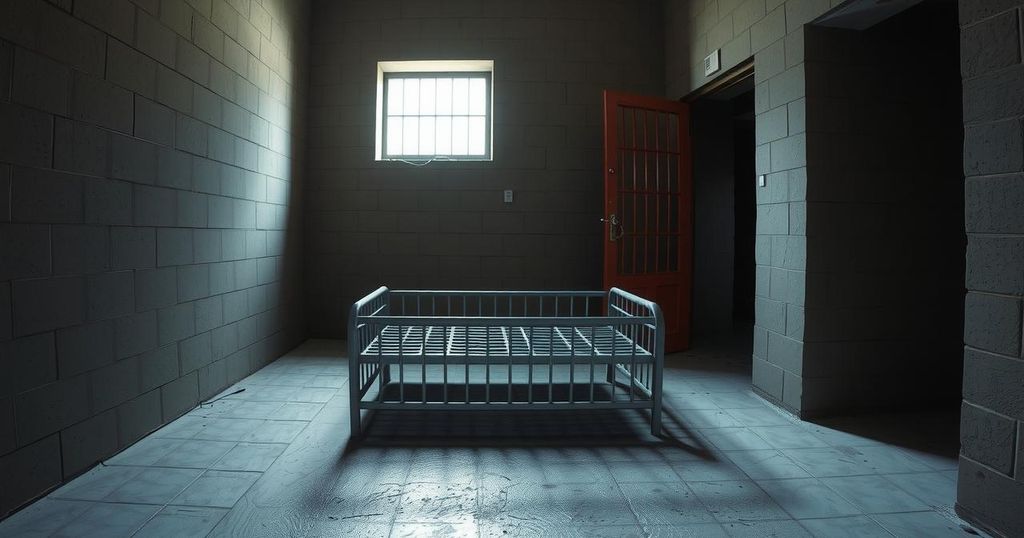El Salvador President Bukele Denies Torture Allegations Against Inmate

- El Salvador President Nayib Bukele denied allegations of torture against Kilmar Abrego Garcia.
- Bukele posted on social media asserting that Garcia wasn’t beaten or starved.
- Photos and video of Garcia were shared to support Bukele’s claims.
President Bukele Responds to Prison Allegations
El Salvador’s President Nayib Bukele has refuted allegations regarding the treatment of inmate Kilmar Abrego Garcia, who reportedly faced severe abuses in prison. These claims surfaced amid ongoing scrutiny of the Salvadoran prison system, raising concerns about inmate conditions. In a spirited response, Bukele took to social media to assert that Abrego Garcia suffered no violence nor psychological distress over his detention period.
Exploring the Context of Bukele’s Claims
In a post shared on X, Bukele was adamant that the accusations of torture against Kilmar Abrego Garcia were baseless. Notably, he included images and video footage purportedly showing Abrego Garcia in a detention cell, likely as a way to bolster his argument. Many observers, however, remain skeptical and highlight that visual evidence can be interpreted in various ways, calling for deeper investigations regarding prison practices.
Human Rights Concerns Under Scrutiny
This incident has ignited a myriad of discussions about human rights in El Salvador, especially focusing on the treatment and conditions of inmates. Critics argue that transparency in these matters is crucial, while supporters of President Bukele insist that he is striving for a safer society. The adequacy of the current prison reform efforts remains in question as the world watches closely the unfolding events concerning Kilmar Abrego Garcia.
In summary, President Bukele’s swift denial of the torture allegations against Kilmar Abrego Garcia has sparked significant discourse on prison conditions in El Salvador. While Bukele insists that the claims are fake, the call for reforms and transparency continues. This situation shines a light on the broader conversation surrounding human rights in the nation.







